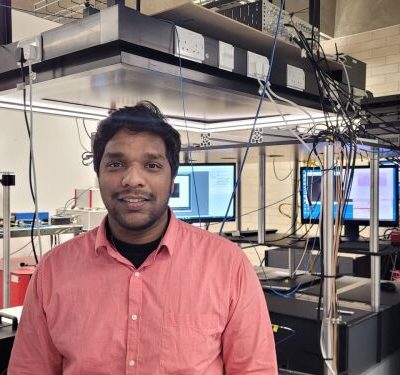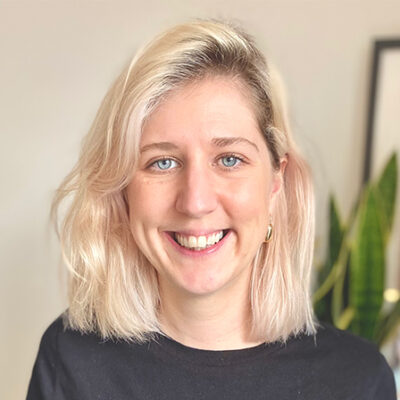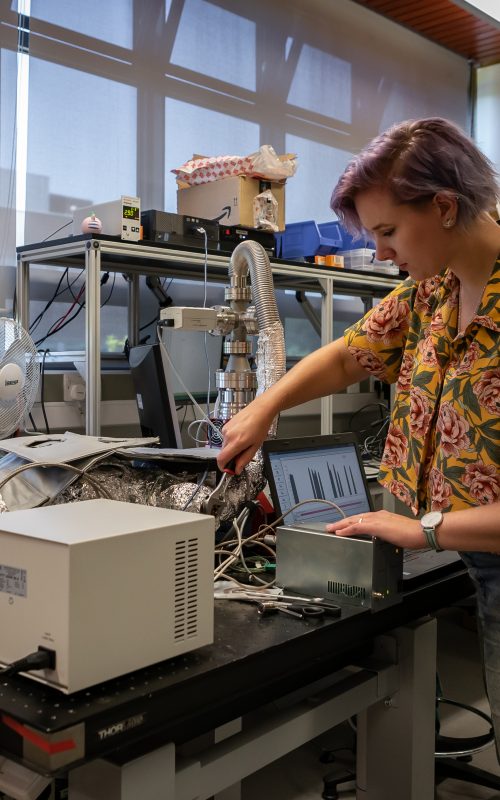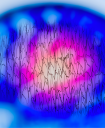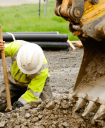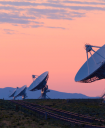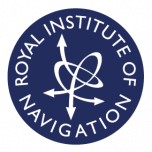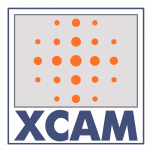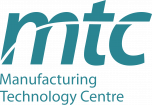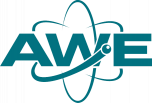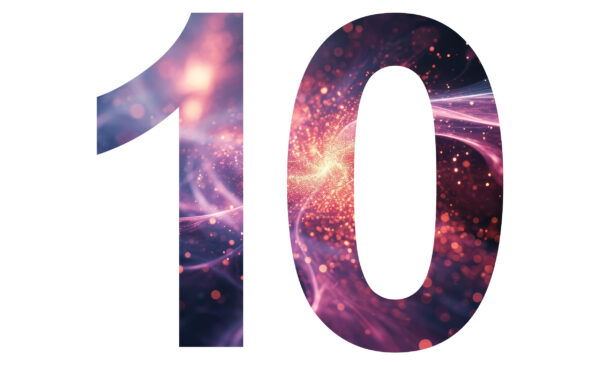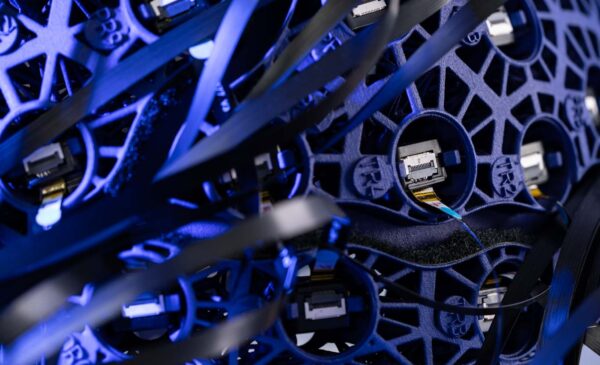I studied for my Bachelor of Science and Master of Science at the Indian Institute of Science Education and Research in Pune, India. After completion, I began looking for PhD positions in Europe. I had heard of Prof Kai Bongs and Dr Yeshpal Singh from the papers they had written, and also from their visits to the Institute, which sparked my interest in the QT Hub Sensors and Timing.
I successfully applied and interviewed for the EPSRC i-CASE programme, funded by BAE Systems, where I work with the quantum clocks and radar teams to develop quantum-enabled radar technology to detect incredibly small and slowly moving targets, such as drones, in the airspace, even within cluttered environments. This application will become increasingly important for the future as more companies develop vehicles intended for the airspace.
The history of radar development greatly interests me, and I’m excited about the potential of swapping classical oscillators with quantum oscillators, as this will mean a performance enhancement by a factor of about 1000.
The Hub is a large community, and has a highly regarded international reputation, which has many advantages such as being able to easily access components or technology, so work can continue uninterrupted. There is always someone to talk to about my work – it’s very helpful being around so many post-docs and fellow PhDs.
Collaborating with industry companies is also incredibly helpful for our research, and also on a personal career level. I am always on the lookout for post doc positions/industry positions so it’s great to have this contact and exposure.
